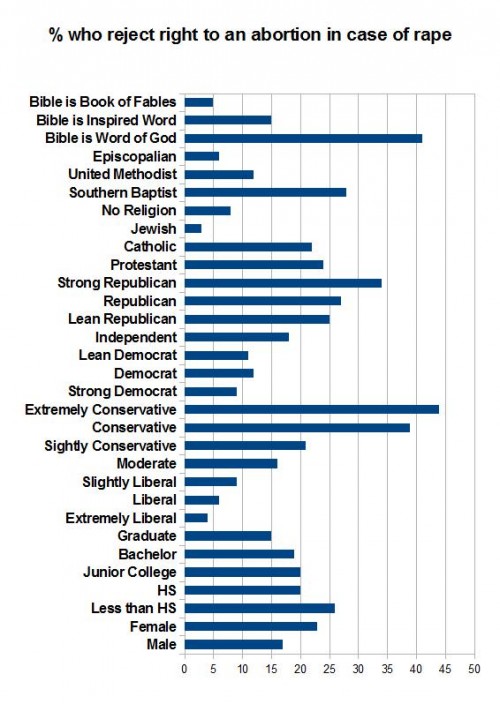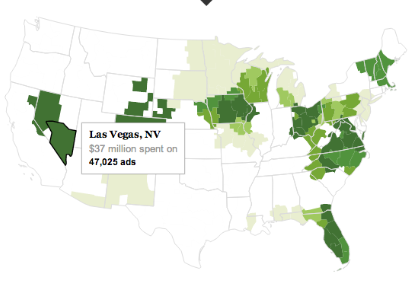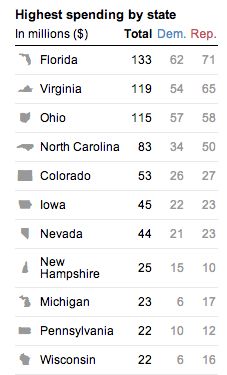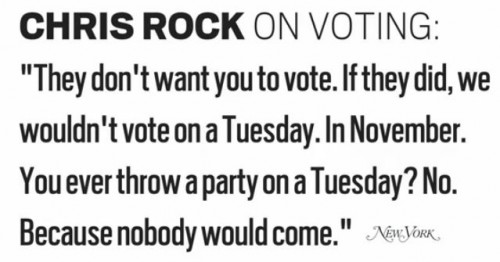 In this five-minute interview, Sociologist Joel Best debunks the idea that people are poisoning Halloween candy and talks about how his research in the area prompted his career studying the social construction of social problems:
In this five-minute interview, Sociologist Joel Best debunks the idea that people are poisoning Halloween candy and talks about how his research in the area prompted his career studying the social construction of social problems:
Lisa Wade, PhD is an Associate Professor at Tulane University. She is the author of American Hookup, a book about college sexual culture; a textbook about gender; and a forthcoming introductory text: Terrible Magnificent Sociology. You can follow her on Twitter and Instagram.


















